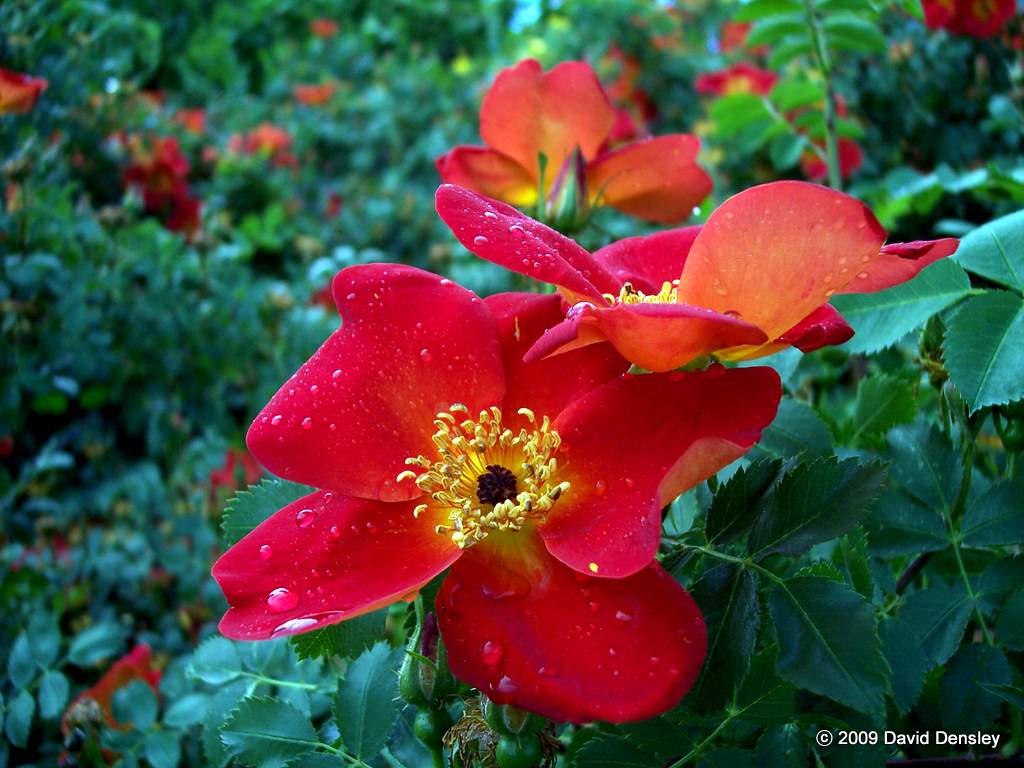Lately, I’ve been thinking a lot about what we mean when we talk about “losing ourselves in a good book.” Usually, I think we are referring to the pleasures of escaping — it’s a phrase that calls to mind lazily whiling away the hours while reading in a sunlit garden. In a book, we can flee the problems and boredom of daily life and allow ourselves to be caught up in something more exciting, romantic or simply “other” than where we are. Sometimes, we are talking about the vividness of the story, the way our life can recede while the characters and plot become tangible, almost real to us. These are the books that we can’t put down, the times when real-life concerns, like feeding our children or going to work, become huge annoyances, intrusions into the world of the book.
However, I think there is another, spiritual dimension to losing ourselves in a good book. It is impossible for me to think of losing myself without Christ’s teaching that “He that findeth his life shall lose it: and he that loseth his life for my sake shall find it” echoing in my head. We are all wrapped up in our own stories, in the well-worn paths of our minds and the way our histories continue to color the way we interpret new experience. Reading can soften our edges, allowing us to flow into a new way of thinking or seeing the world, almost without realizing it.
When writers really move me, their voices run through me even when I’m not reading, narrating my story and subtly filling it with their insights. With Haruki Murakami in my head, mundane daily tasks like the school run can suddenly seem slightly surreal, humorous and tinged with sadness. When I’m reading Anne Lamott, I can see everyone, including myself, with grace and humor. Tolstoy makes me pay attention to both the detail and epic sweep of life. As I confront the dilemmas of individual characters, I always imagine how I would behave, but I also imagine how it would be to not be me, how I might behave if my life had given me a different history and how I am and am not different from others.
Speaking about the value of reading myths that are not our own, Joseph Campbell said: “Read other people’s myths, not those of your own religion, because you tend to interpret your own religion in terms of facts — but if you read the other ones, you begin to get the message.” I think the same could be said of stories. We tend to interpret our own stories, our own experiences of the world as fact and it is not until we let ourselves get lost in the stories of others that we can begin to find new dimensions to life that can broaden our understanding and, if we let them, make us reconsider how we’ve told our own stories. Campbell argues that this is essential for discovering the mystery of existence, “People say that what we’re all seeking is a meaning for life. I don’t think that’s what we’re really seeking. I think that what we’re seeking is an experience of being alive, so that our life experiences on the purely physical plane will have resonances within our own innermost being and reality, so that we actually feel the rapture of being alive.”
While “the rapture of being alive” might seem like a grandiose way to describe “losing myself in a good book,” I think the comparison is a good one. Psychologist and meditation teacher Jack Kornfield writes, “In teaching, the Buddha never spoke of humans as persons existing in some fixed or static way. Instead, he described us as a collection of five changing processes: the processes of the physical body, of feelings, of perceptions, of responses, and of the flow of consciousness that experiences them all.” There is something about getting lost that puts me in touch with the essence of being, “the flow of consciousness” that Kornfield describes, and allows me to move through life with more ease and compassion . It is so easy to forget who we are, to forget that we are all connected — to each other and to God. So often, reading is a blessing, it gives me the experience with life that Wendell Berry describes in his poem, “The Wild Rose”:
“Sometimes hidden from mein daily custom and in trust,
so that I live by you unaware
as by the beating of my heart, Suddenly you flare in my sight,
a wild rose blooming at the edge
of thicket, grace and light
where yesterday was only shade, and once again I am blessed, choosing
again what I chose before.”


I love this interplay between life and text. The Campbell quote is amazing, too… ‘an experience of being alive’.
When I read, I too love the feeling of ‘being moved’. I’ve always had a tendency to read in terms of my memories and surroundings – to superimpose some descriptions onto places and people I’ve known – but with a degree of difference that’s refreshing and illuminating. It’s a process that suggests to me that ‘escaping’ can be an escape down into ourselves – or parts of ourselves that are outside of our conscious/presently functional mind.
If the kingdom Christ spoke about is ‘within us’, then perhaps this journey can be mapped in this way. I suppose reading this ‘losing’ motion in the other direction places our true selves in a wider world. I like both conceptions.
I like both conceptions as well. I actually think they are opposite sides of the same thing. When we lose ourselves, become empty, we find our true selves.
The heart and the flower are twin symbols of the internal/external self… so beautiful: a mirror imagery of the mind. I want to find more of these dual symbols.
I’d not heard the Berry poem before – thank you!
That’s beautiful insight, Heidi. Thanks!
I think this is a great insight, Heidi. I’m somewhat reminded of J.K. Rowling’s speech at Harvard where she talked about the importance of imagination as (I think) a way for us to experience empathy. Which is kind of related to your point, I guess.
Ziff, absolutely. The imagination we bring to reading is such a powerful tool and I believe that it is the closest we get to walking in someone else’s shoes.